Augmented Reality in The Luxury Industry
- 17th Aug 2020
- 4976
- 0

What is technology? It is something that is used by human beings daily whether, through mobile phones, VR glasses or other devices. Augmented reality is known as the modern virtual technology. With more development and demand of technology in every aspect of life, every industry had to adapt to these changes. Specially the luxury industry has adapted to the use of ‘Managing Reality’, with better AR’s like ‘Augmented-see-through-display’ and ‘Augmented-see-through-display’. This helps a user have better graphic display. Augmented display is more of a realistic feel where you can try-on products as if in a real store, aims to give a user the most synthesized experience ever. It has usually been catered to Gamers, soldiers, surgeons in the past, but now with challenging times and call for online presence in our day-to-day life, consumers want the pleasure of enjoying experiences through amazing technology at the tip of their fingertips.
Find one of the best Augmented Reality Infographics below:
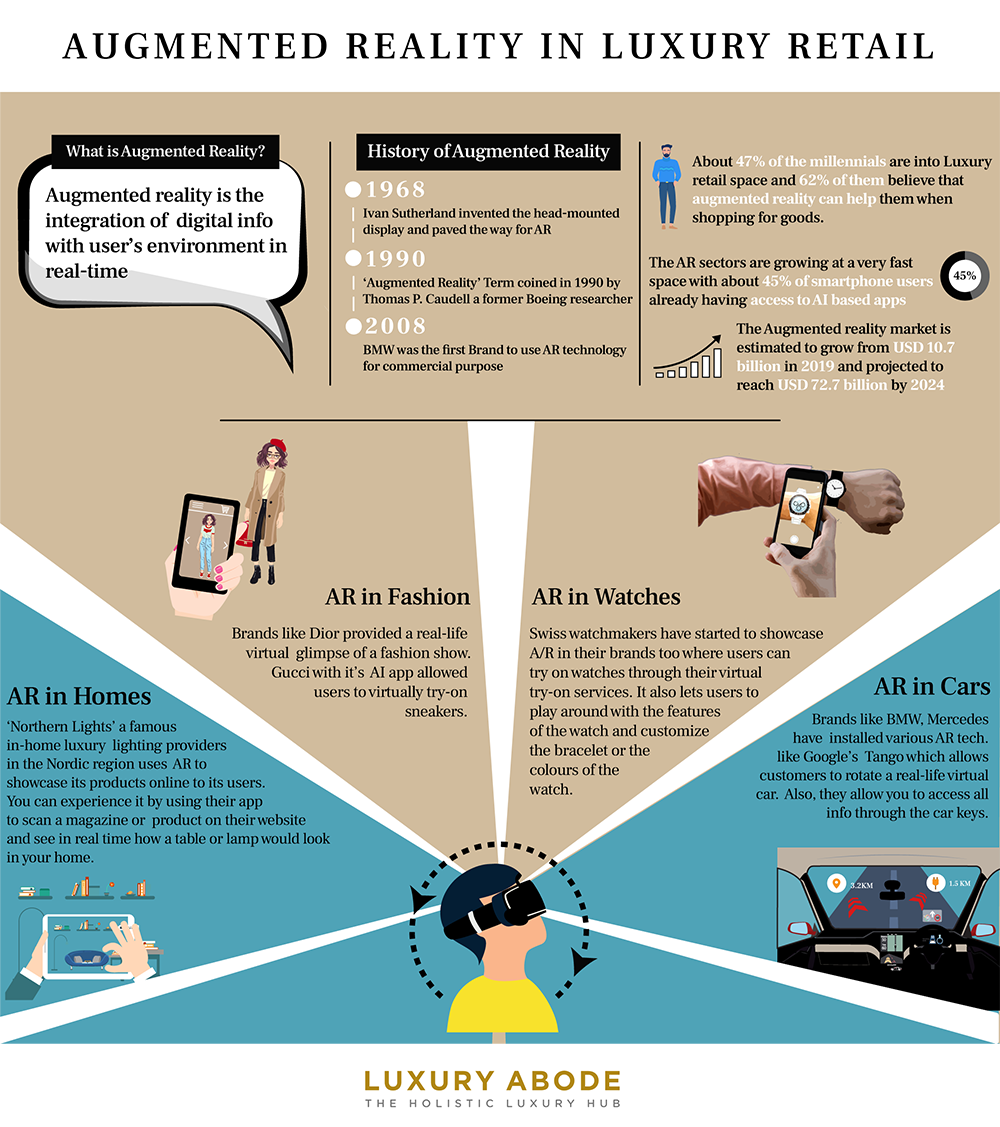
Seeing is believing
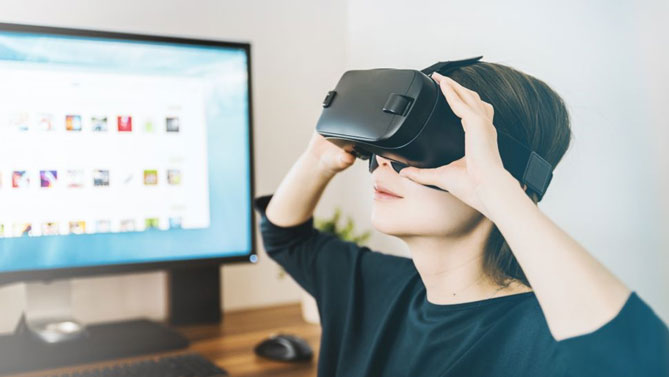
Luxury brands believe that what you show and how you show your product is something customers will pay for, a lot. Most companies utilize AR to connect with and engage their customers (Skeldon, 2018). As software has developed quite a bit in the recent decade, mobile apps and mobile devices have become the source for brands to showcase their content to their consumers. Luxury brands thrive on heritage glamour, their consumers want experiences that are very realistic and not very hectic. Since every human action potentially involves interactivity (Heeter 2000), the concepts and definitions of interactivity vary widely (Kiousis 2002). With changing luxury purchase intentions, buyers want to have the most realistic experience like being there itself and to be able to look for what they want very easily and be able to create the customized product they want. Luxury Motorsport like ‘Formula1 or F1’ has an augmented device which allows the user to feel the same as a ‘F1’ Driver would feel himself in a racing car at 200 Miles per hour with the same effects. They are called ‘Racing Stimulators.’ These can cost a bomb from a 1500$ price range to 500,000$ for a home use stimulator. Luxury consumers are not just the HNWI’s (High Net Worth Individuals) who buy luxury products, but the ones who adore and appreciate luxury. This is the modern way of luxury. Not every luxury consumer is a buyer. Augmented reality is the definition of modernized luxury as consumers want to see the thrill, Excitement and features that brands have to offer, in the most unique way. Augmented reality truly has had an impact on luxury and its consumers. It is the new way forward, as modern luxury consumers don’t necessarily want to visit stores like hedonic consumers. Augmented reality has had an eventful impact in the recent years in different luxury sectors. Let’s have a look at some of them.
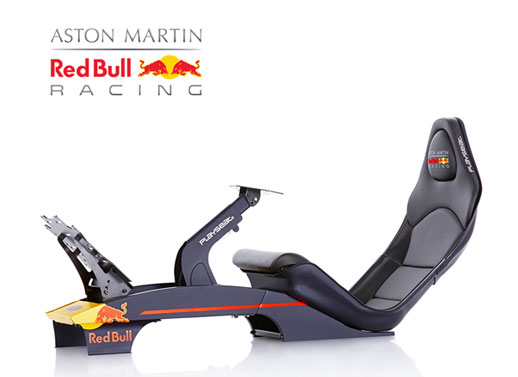
AR in Luxury Cars
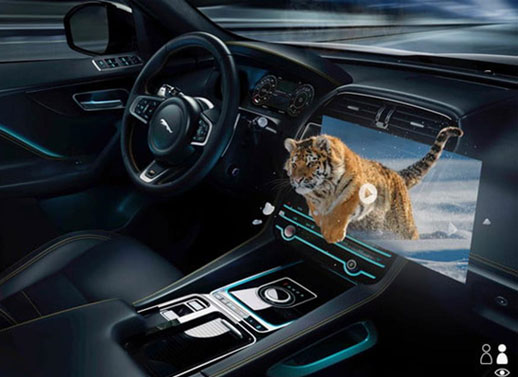
Brands like BMW and Jaguar have also started instilling augmented reality in their services. They both use Google’s Tango technology whereby the phone’s camera and sensors are used in the app to enable consumers to rotate a real-life virtual car. Consumers can also customize the car by changing the interior or lights. This helps consumers to interact with their future car and see what it looks like before making a purchase. This kind of luxury is what consumers want, where they just can dream of their future car right at their fingertips. Augmented Reality has now become a part of luxury cars. According to scholars like (Downes and McMillan 2000; Steuer 1992) technological features define interactivity as an outcome resulting from features of the technology. BMW, Mercedes Benz, give you access to your car information from your car key itself. Your car key is more than a key, it’s like a mobile phone. Lamborghini came up with a concept of scanning a Lamborghini magazine through A/R technology on your phone and the user gets behind a ‘Lamborghini Aventador’ and rides the city of Scotland virtually or you could tour their Museum virtually. Now, That’s cool! BMW’s premium 7-series let’s the user switch on the car with the touch of a key, and if it’s too hot outside you can cool your car’s A/c before you even enter it. These cool features are what adds to that special blend of luxury features in a luxury car.
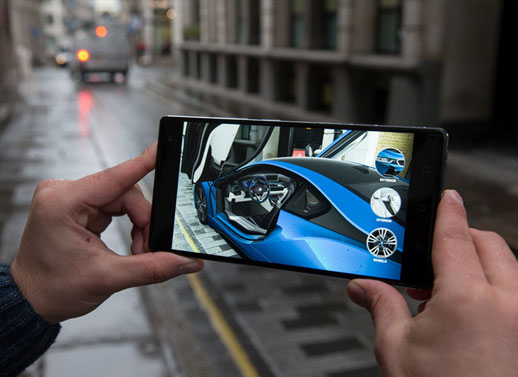
AR in Fashion
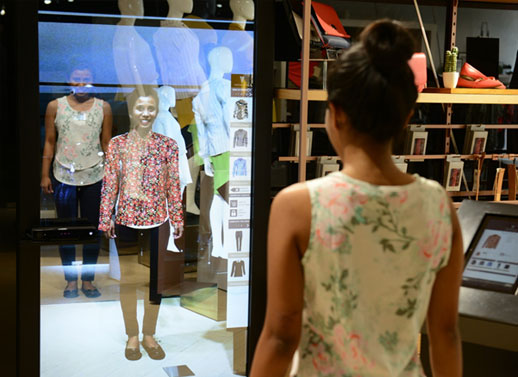
Though, it has always been said that Luxury fashion shopping is something you do at the store, A/R has certainly changed that persona. Luxury brand like Dior, was the first to introduce a ‘Dior’s Eyes’ technology where consumers could see the glimpses of how fashion stylists, make-up artists, models prepared for the show. With the use of HMD (Head Mounted display) users can find themselves at the back of a stage as if in real-life. Similarly, Gucci provided with a “Virtual try on” feature where users could try on their sneakers and check for size, comfort before deciding to make a purchase. ‘Chanel’ used A/R to transform one of its boutique hotels into a ‘Winter Wonderland’ shopping experience. These new ways of marketing and showcasing products have really bridged the gap between the Fashion luxury brands and the consumers.
AR in Watches
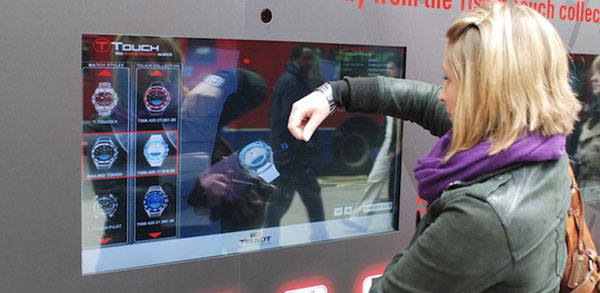
Swiss watchmakers like ‘Ulysse Nardin’, ‘Tissot’ and ‘Meerson Watches’ have started to showcase A/R in their brands too where users can try on their watches through their virtual try-on services to see how they would look on their wrists. It also lets users to play around with the features of the watch and customize the bracelet or the colors of the watch. This kind of interaction, vividness also helps consumers to mentally envision anticipatory experiences with products in future consumption in mind (Phillips, Olson, and Baumgartner 1995). The luxury watch industry where watches can cost up to a Million Dollars, it is a very significant feature to provide as watches are purchased after a great deal of research and exploring.
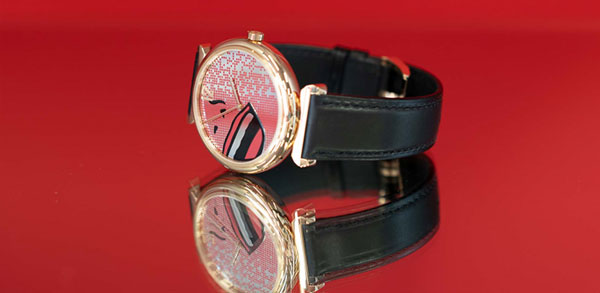
AR in Jewelry
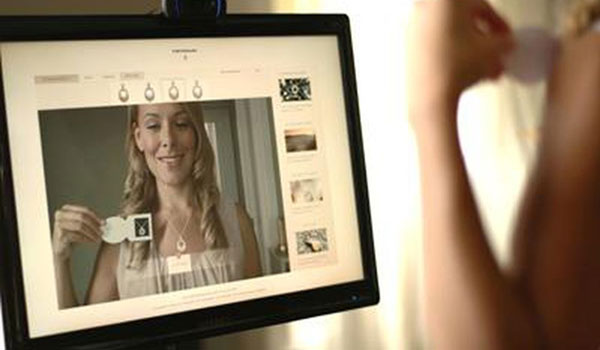
When we think of jewelry, it is not easy to decide on a purchase. From the authenticity to the information about the originality of the product, to the price, buyers want every bit of information about their product. Many also instill upon only ‘Conflict-Free’ diamonds. In other words, Blood free diamonds. To be able to cater to all these demands, ‘De Beer’ introduced A/R where user can just try on their product and see if it fits you at just a click. It gives you information about everything a user needs to know about their product. You can try on rings, necklaces, diamonds in 3D and their products move naturally when the users move their hand or head. Though many would argue the implementation of A/R in Jewelry, as jewelry buyers like to go the store and make a purchase as they believe in realism reality over augmented reality for the true experience.
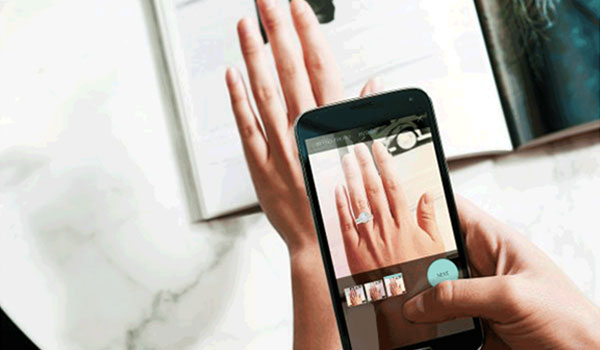
AR in Home
‘Northern Lights’ one of the famous in-home luxury lighting providers in the Nordic region. It uses AR to showcase its products online to its users. You can experience it by using their app to scan a magazine or product on their website and see in real time how a table or lamp would look in your home. It aims at creating a better experience and drive the buying intention of its users. Pretty cool!
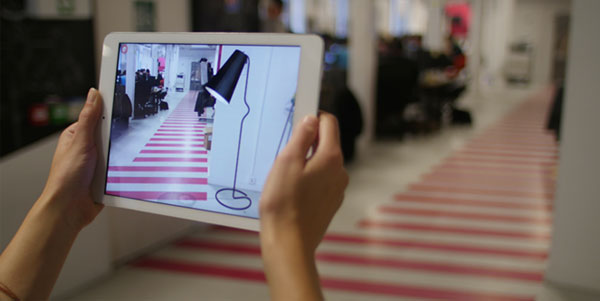
Although Augmented Reality has seemed to be a blessing in disguise for luxury brands to revive themselves and grow better, a lot of people would argue that Luxury might be losing its true essence. With changing times with the Covid-19 pandemic, augmented reality could be they way forward. Can’t go the store to experience luxury? No problem, Augmented Reality can pave the way forward. AR is more beneficial than VR to both retailers and consumers in that it allows consumers to view themselves wearing diverse virtual products without physically trying them on in a store (Verhagen et al. 2014). Though is it the only way forward? It is a challenge for the whole retail luxury industry as people want to experience something exciting, from their favorite luxury brands. Do people still want that pleasure of personal touch while purchasing luxury products? It is a debate for the future, as Luxury has really been redefined over the years. But, well and truly Augmented Reality is being adapted by more and more luxury brands to communicate with their consumers. Digital sales were almost 78% of the total sales and was expected to increase in the coming years (McKinsey & Company,2018). Arguably though, it is something the Hedonic luxury buyers are not comfortable with, as few of them still prefer visiting the physical store for the ‘Touch and ‘Feel’. Augmented Reality is opening more ways for luxury brands to communicate and spread awareness about their brand by being active on social media and showcasing their new products. For luxury brands its all about creating an ‘Allure’.

Looking to the next future, the personal luxury goods segment is expected to remain favourable, resulting in growth of 3% to 5% per year through 2025 with a total value of €320-365 billion (Bain & company,2018). Though with a very wavy economy, one never knows.
 Prithvi Ramesh
Prithvi Ramesh


Comments
No comments yet.
Add Your Comment
Thank you, for commenting !!
Your comment is under moderation...
Keep reading luxury post